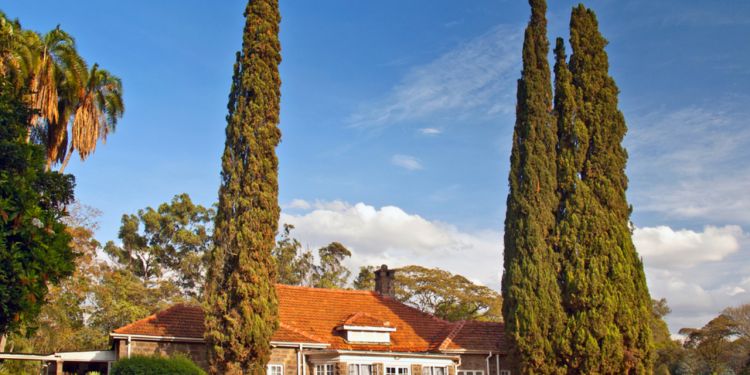
Although many expats moving to Kenya may prefer the convenience of renting property, expats and non-Kenyan citizens are legally able to purchase property and land in the country. Although they are limited to a property hold of 99 years or less, in practice this has limited impact on expats purchasing for residential use. Below is an introduction into the process of purchasing property in Kenya as an expat.
Procedures
When beginning your home search in Kenya, it is highly recommended to go through an established real estate agent, especially one with experience in handling expat sales. They can guide you through the process, provide local and insider information, and will make the process much smoother.
Once buyers have found a property of interest, and have completed all necessary checks and inspections, they can make an offer of sale. This may be lower than the advertised price, as there is room on both sides to negotiate a final price. Once a price is agreed on, a sale agreement is signed and the sale is finalised, once the buyer pays a deposit of at least 10%. The closing period can also be negotiated by both parties, but is generally 90 days- if the sale falls through in this period, the deposit is likely to be lost.
If you are overseas, it is still possible to purchase real estate through the assistance of an agent and a legal team, but it is highly recommended for all purchasers to inspect the new property in person before finalising a sale.
Taxes and fees
Expats are responsible for all taxes and fees, as a local purchaser would be. This includes a land tax, or stamp duty, which is calculated at 4% for land and property within a municipality (a city/town), or 2% for property outside a municipality. This tax is levied on the sale of any land, whether or not an existing property is already built on site. Registration and title fees are also the responsibility of the buyers, as are the costs of any pre-sale inspections and any required legal services.
Good to know: Real estate agency fees are generally 3% of the value of the purchased property.
Foreigner restrictions
Expats are able to purchase property in Kenya and to register it in their own names, but there are certain restrictions to be aware of. According to the Kenyan constitution, non-Kenyan citizens can only hold a property for a maximum term of 99 years. However, once this lease is expired, it is able to be renewed. In practice, this should not be a barrier to any expats looking to purchase property for personal use, especially as most will only be in the country for a short term.
If you are looking to purchase land for use in a business capacity, there may be more restrictions, so it is essential to consult a property lawyer before making any purchases. However, the purchase of agricultural land in the country is restricted, and foreigners are not able to purchase land for this purpose.
Useful links:
We do our best to provide accurate and up to date information. However, if you have noticed any inaccuracies in this article, please let us know in the comments section below.







